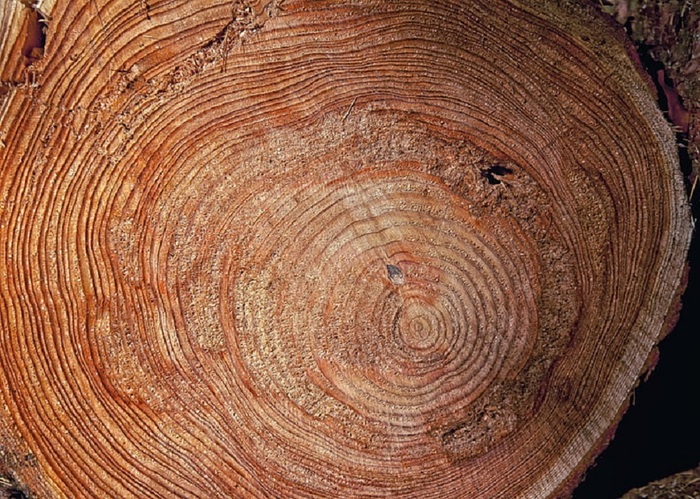Rif Dimashq-SANA
With the participation of 200 experts and technicians in the field of wheat production and agricultural work from various Arab countries, the Organization of the Arab Center for Studies of Dry Areas and Dry Lands (ACSAD) held a workshop on developing research and cultivation of wheat in the Arab countries.
The workshop, which was launched today in Al-Saboura in Damascus countryside, with direct and other participations via video conference technology, through 30 scientific papers, sheds light on the future expectations and the difficulties faced by wheat production in the Arab countries and the latest methods of devising varieties with productive efficiency and qualitative characteristics using techniques to reduce production costs.
The three-day workshop will be attended by the Arab Organization for Agricultural Development, the Arab Authority for Agricultural Investment, the International Center for Agricultural Research in the Dry Areas (ICARDA) and the International Center for Local Agriculture (ICBA).
The Minister of Agriculture and Agrarian Reform, Engineer Muhammad Hassan Qatna, indicated that research should focus on finding varieties that are compatible with climate changes and increasing the rate of production, pointing out that despite the difficulties imposed by the economic blockade on Syria, work continues to cultivate the largest possible area of wheat and provide its production requirements.
For his part, ACSAD Director General, Dr. Nasr El-Din El-Obeid, explained that developing wheat cultivation and production is one of the priorities of the organization’s work due to the difficulty of achieving self-sufficiency in it, pointing out that the production of Arab wheat reaches 25 million tons annually, while consumption reaches about 70 million tons, i.e. import of about 40 million tons annually, with a financial value exceeding $10 billion.
Al-Obaid pointed out that ACSAD succeeded in devising 77 varieties of wheat and barley with high productivity that are tolerant of drought and diseases, including the hard sack 1105 and soft sack 1133, which were circulated to a number of Arab countries and showed higher yields in production.
For his part, the Secretary-General of the Union of Agricultural Engineers, Dr. Yahya Bako, described ACSAD as the main engine for developing agricultural research in the Arab world, in cooperation with international organizations and research centers and supporting national research centers, noting the importance of exchanging experiences between various parties.
Conservation agriculture, which relies on growing wheat without cultivating the land, is one of the techniques that contribute to reducing production costs, according to Dr. Ayman Al-Odah, head of the Conservation Agriculture Program at ACSAD, explaining that the application of this contributed to increasing the average productivity of wheat to about 15 percent compared to traditional agriculture.
During his participation from Egypt, the head of the Desert Research Center, Dr. Abdullah Zagloul, explained that in cooperation with ACSAD, wheat and barley varieties are evaluated through Arab production experiments so that they can be approved.
Ambassador of Ismail and Malik Abdo
Follow Sana's news on Telegram https://t.me/SyrianArabNewsAgency













